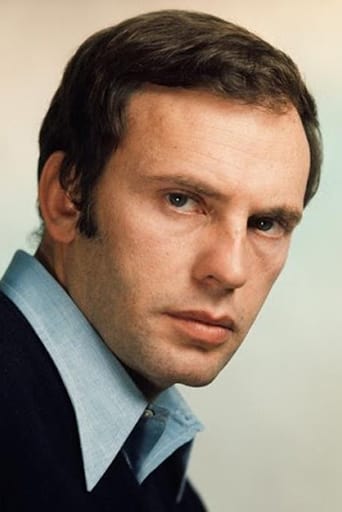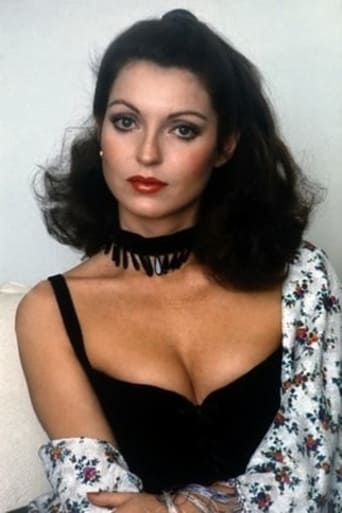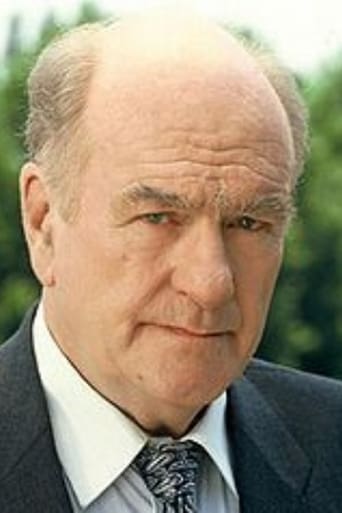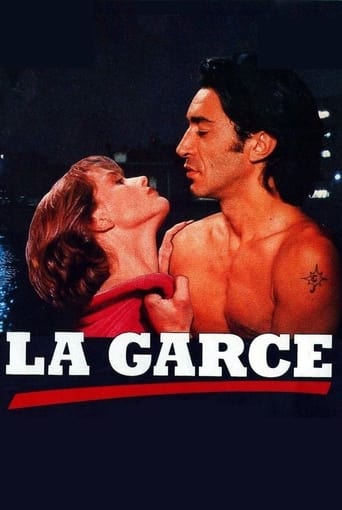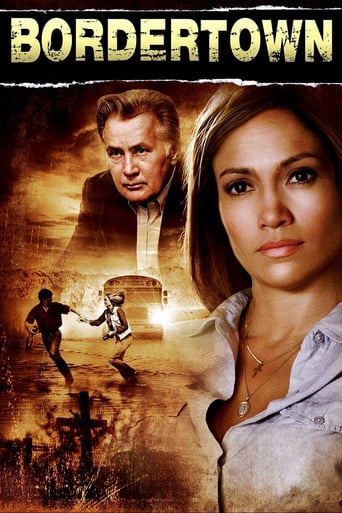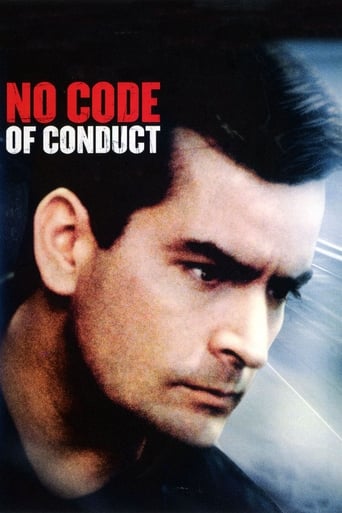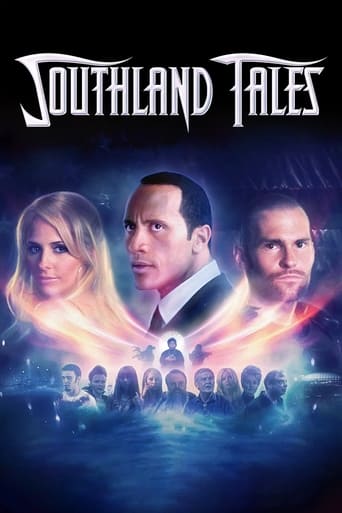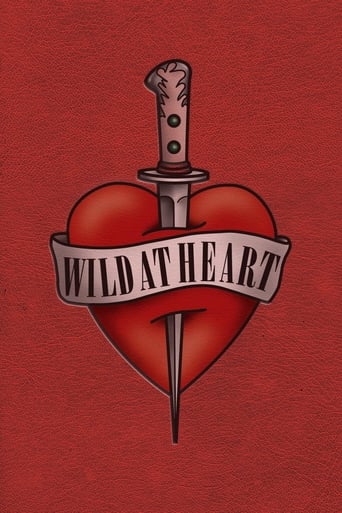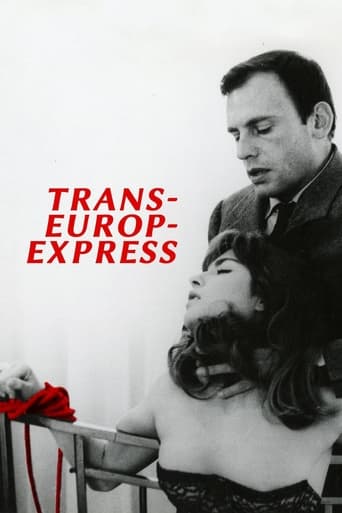
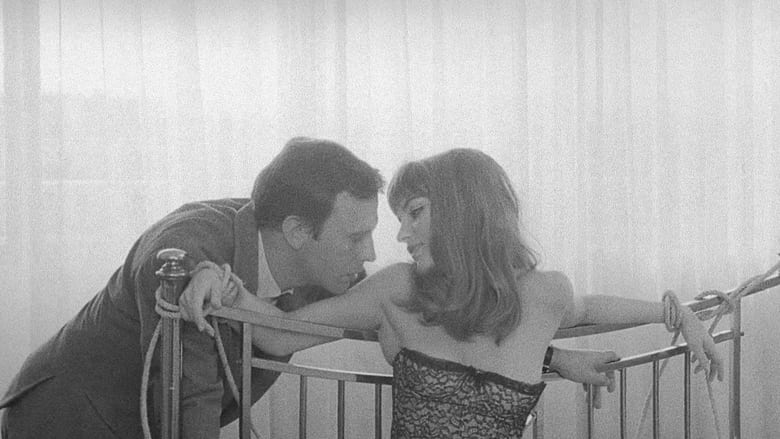
Trans-Europ-Express (1967)
A movie producer, director and assistant take the Trans-Europ-Express from Paris to Antwerp. They get the idea for a movie about a drug smuggler on their train and visualize it while taping the script.
Watch Trailer
Cast
Similar titles
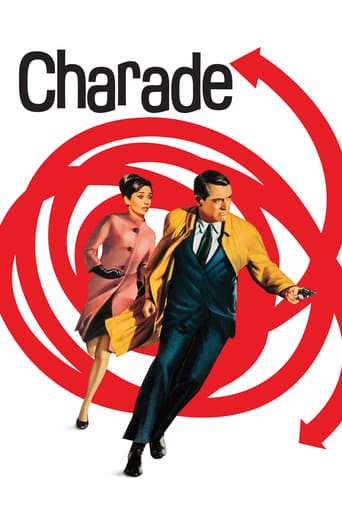
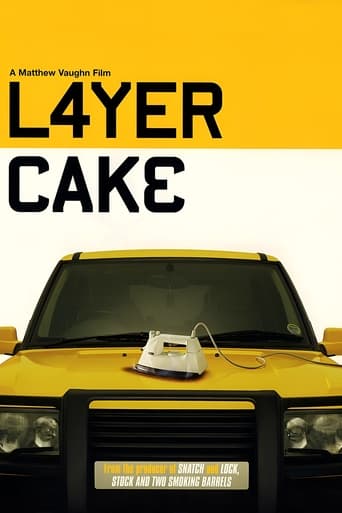
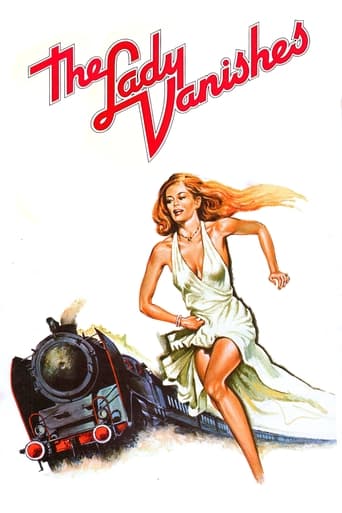
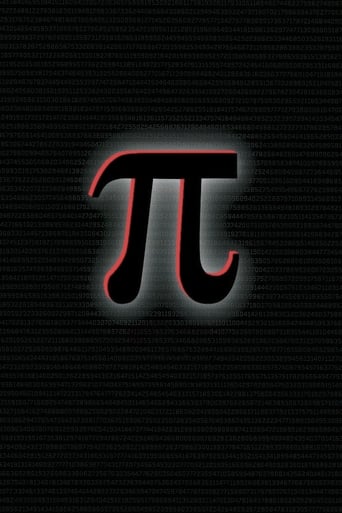
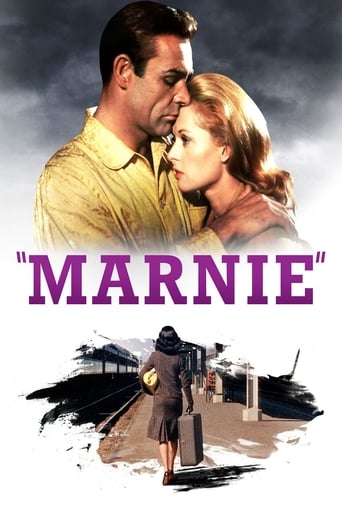
Reviews
Such a frustrating disappointment
Absolutely the worst movie.
A terrific literary drama and character piece that shows how the process of creating art can be seen differently by those doing it and those looking at it from the outside.
The story, direction, characters, and writing/dialogue is akin to taking a tranquilizer shot to the neck, but everything else was so well done.
On board the TEE is 'Elias' (Jean-Louis Trintignant), a paranoid drug dealer on his way from Paris to Antwerp. And in another compartment are his creators; film-makers having a script meeting from which Elias emerges. It's a typical Robbe-Grillet construct, honed from nouveau roman experiments. The purpose of which, as he puts it, is to "assist change by throwing out any techniques which try to impose order or a particular interpretation on events". The result in this case is a parallel universe, on one hand Elias trying to act like a drug dealer and on the other, proceeding according to the whims of his creators. In effect, it becomes a real-time replay of the writing and editing process,There are those who might regard this as typical French pretension, full of intellectual conceit (it was banned in England for many years), but it's playful, witty and very accessible thanks to a droll script and the great Jean-Louis. And then there's the beautiful Marie-France Pisier with her large inquisitive eyes. She makes an unlikely hooker, but is she? The scriptwriter on the train is played by Robbe-Grillet himself and so establishing that he really is making it up as he goes along. It's beautifully shot in crisp b&w, perfectly capturing the zeitgeist. It would be another twelve years before Kraftwerk created their musical homage to the great train, but it says something about both forms that it would have made the perfect soundtrack.
This may just be a film about roleplaying, but it's some serious work.Three people sit on a train and narrate a movie they want to make, inspired by events around them and another passenger, as well as collaborating and figuring out the details of the narrative as it occurs. Obviously, as the narrative unfolds, things go uber-meta as scenes are acted out later to be thrown away, plot holes are directly pointed out within the narration, and of course as meta always goes within the story within the story are other stories told.However, Robbe-Grillet is not just being silly. The main character's paranoia and distrust runs towards the brink as the movie goes along and every action turns out to be a test, or misdirection, or false plot device. He cannot keep his own role straight, meaning he falls into every trap the mysterious coke dealers set for him as well as gives away everything to a police officer, he cannot remove himself enough emotionally from the mindgames that his roleplaying with the femme fatale comes to a fatal end, and the running train and close-ups on faces punctuating the story show his anxiety and mental breakdown as it seems his fate is, truly, in the hands of flippant writers and outside forces that don't let a man go about minding his own business.Similarly, the focus on bondage is juxtaposed by Robbe-Grillet's almost abject inversion of The Gaze. The Gaze is the term for undercurrent of male-dominated perspective in cinema, as women are treated by the camera as objects to "gaze" at whereas men are typically the ones "gazing". This would seem to be the case here what with the main character's pornography magazine, his roleplaying of rape, and the finale in which that obscure object of desire literally ends up in chains. However, this same protagonist finds himself uneasily the subject of the gaze itself as women, passersby, and the writers continually stare at him with mocking and seductive expressions. The woman he sleeps with herself is in more control of everything going on than he is, and unable to handle that control, he eventually kills her. By the end, he cannot look at a woman without feeling implicated into something, and paranoia sets in.This theme finds its final punctuation in the final scene when the writers brush off their own storytelling as a decent enough yarn, only really interesting simply because it's not real life. Real life then finds the protagonist and the femme fatale as everyday lovers--but their grinning embrace directly into the eye of the camera implicates the audience, because we were not there to see them have a nice day and go about their lives happily ever after, we were there to see them in bondage and self-destruction, and were entertained by those notions.--PolarisDiB
I had not heard of "Trans-Europ-Express" until a couple of months ago, and as soon as the film was available to me I eagerly got a hold of it, but put off watching it until today because I was under the impression that it was a 'difficult' movie and wanted to be in the mood for such a film. Much to my surprise, Alain Robbe-Grillet's "Trans-Europ-Express" is one of the most entertaining and involving films I've ever seen, managing to be cerebral and clever as can be while never giving into being impenetrable for the sake of being impenetrable.Robert McKee classifies "Trans-Europ-Express" as a 'nonplot' film, and even though the film has two separate 'plots', I suppose it would be accurate enough to say that it doesn't really focus on telling a story set in stone. Classifying the film by genre is equally difficult, it is a somewhat comical film-within-a-film, a mystery, an erotic thriller, and even an espionage film for a bit. Let's just say the fourth wall has never been used so well in a film."Trans-Europ-Express" is a playful, adventurous film which seems to want nothing more than to toy with as many genre conventions as it can, and Robbe-Grillet does that so very well here. What's most amazing about the film is that it works on all the levels it's supposed to work on. Furthermore, the acting is superb, the cinematography gorgeous, and Robbe-Grillet's direction captivating and always interesting. I found the use of music here excellent, but the sound mixing even more interesting. The attention to detail is wonderful.As many 'intimidating' films as I've seen, and as many of them that I have loved, I have to be in the right mood to see them. Perhaps the element of surprise with "Trans-Europ-Express" gave it an advantage, but this really is one of the greatest, most purely enjoyable films I've ever seen. Cerebral, clever, smart, and stylish, all without being too ambitious for its own good, "Trans-Europ-Express" is a movie for everyone and for all moods, a must-see inversion (and perversion) of genre conventions. All film buffs should enjoy this, but it might be of particular interest to one who likes the genres being toyed with here, and I love them.10/10
Given that TRANS-EUROP-EXPRESS is the only movie directed by Alain Robbe-Grillet which the late conservative British film critic Leslie Halliwell reviewed in his celebrated “Film Guide”, one would think that it was more accessible than his usual reportedly impenetrable stuff and, in a way, it is – but still, the end result is hardly straightforward and almost as cerebral! Jean-Louis Trintignant, in the first of four films he made with Robbe-Grillet, plays a novice drug courier tested by his future employers in carrying a stash of cocaine (which is actually sugar) by train and depositing it into a train station locker – but this simple task is fraught with any number of unexpected complications including police interrogation and night-time chases. Marie-France Pisier is a very beguiling presence here as a whore/double agent with whom Trintignant has several S&M encounters in a hotel room until her ‘double face’ drives him to murder…or does it? Although I was aware that the actress had played Colette in Francois Truffaut’s Antoine Doinel series and had the leading role in the trashy THE OTHER SIDE OF MIDNIGHT (1977), looking at her filmography just now I was surprised to learn that she was also in one of my favorite films, Luis Bunuel’s THE PHANTOM OF LIBERTY (1974), as well as Jacques Rivette’s ambitious fantasy CELINE AND JULIE GO BOATING (1974; which I’ve just acquired via the BFI’s 2-Disc edition)! What this film has that the other Robbe-Grillet titles I’ve watched (including THE IMMORTAL ONE [1963]) don’t, is a surprisingly substantial dose of humor: in fact, the writer-director himself appears as a train passenger who is contemplating a film about drug-trafficking which (given that he happens to be on the train himself) would be an ideal vehicle for Jean-Louis Trintignant!; similarly, when Trintignant and Pisier go to a café he tells her that the waiter who had just served them was not a waiter at all but an actor playing a waiter!; during one of the various meetings with his shady employers, Trintignant is asked to repeat where he is supposed to meet his contact – implying a very complicated route – he simply replies “Where” (at which his employer doesn’t even bat an eyelid!), etc. At one point, Robbe-Grillet’s fellow passengers complain that drug-trafficking is no longer hip and that diamond-smuggling is the current criminal fad; therefore, Trintignant & Co. exchange costumes and settings accordingly…before the director decides to stick to his original idea (whim?) after all! Incidentally, this ‘screenplay-in-the-making’ structure reminds one of the contemporaneous Hollywood comedy, Paris WHEN IT SIZZLES (1964), which was itself a remake of an earlier French original – Julien Duvivier’s LA FETE A' HENRIETTE (1952). In fact, the whole self-referential element in the film and its heady spoof on the thriller genre recalls the Jean-Luc Godard of BREATHLESS (1960), BAND OF OUTSIDERS (1964), ALPHAVILLE (1965) and PIERROT LE FOU (1965) more than anything else...Unfortunately, what I said about the poor video quality of EDEN AND AFTER (1970) applies to an even greater extent here – since this one looked distinctly like a tenth-generation dupe (with actors’ features being quite blurred at times and especially, alas, during the S&M striptease act towards the end). That said, the film itself is let down somewhat by sluggish pacing – even if the version I watched ran for a mere 88 minutes, when all sources I know of give its running-time as 105! As it is, I’d welcome a legitimate DVD release of TRANS-EUROP-EXPRESS and one hopes that the recent passing of its creator will inspire adventurous labels to pursue its rights.
